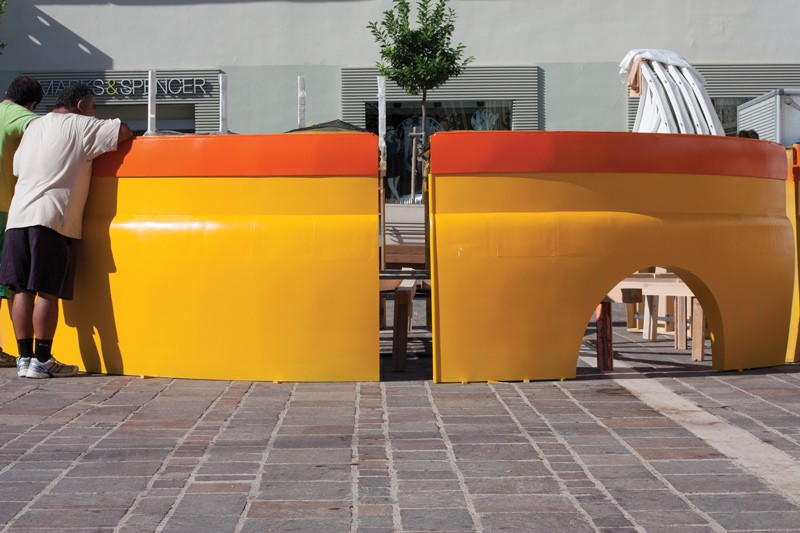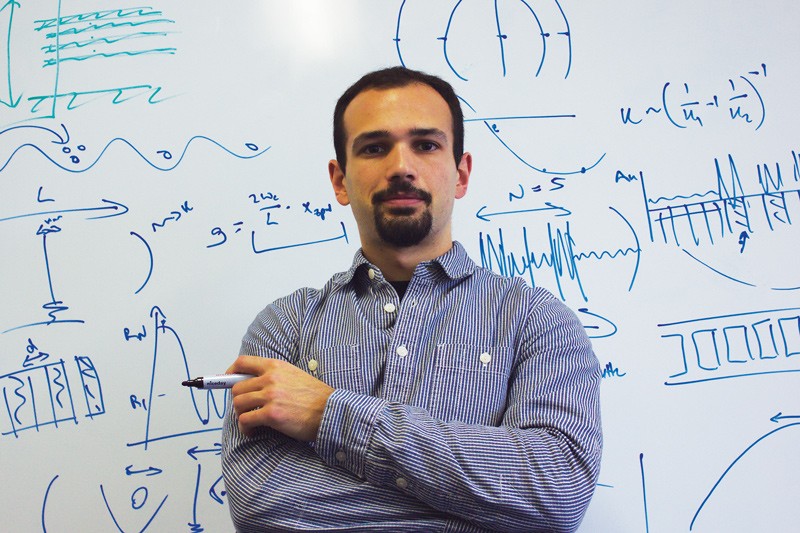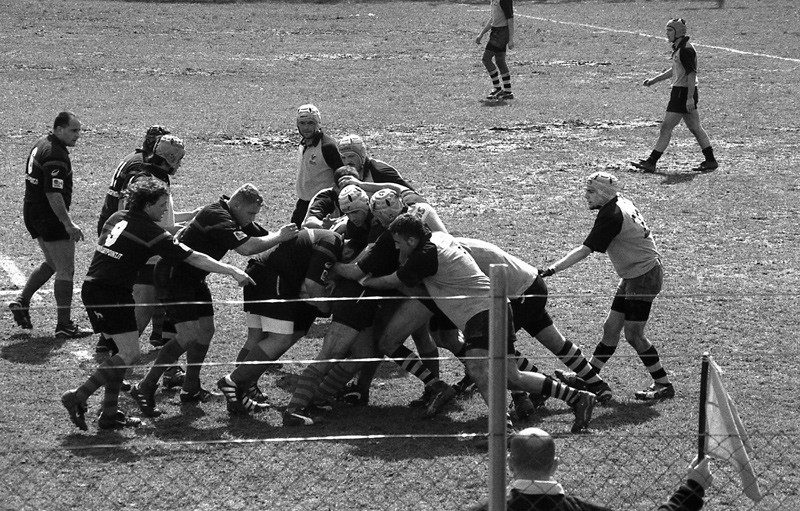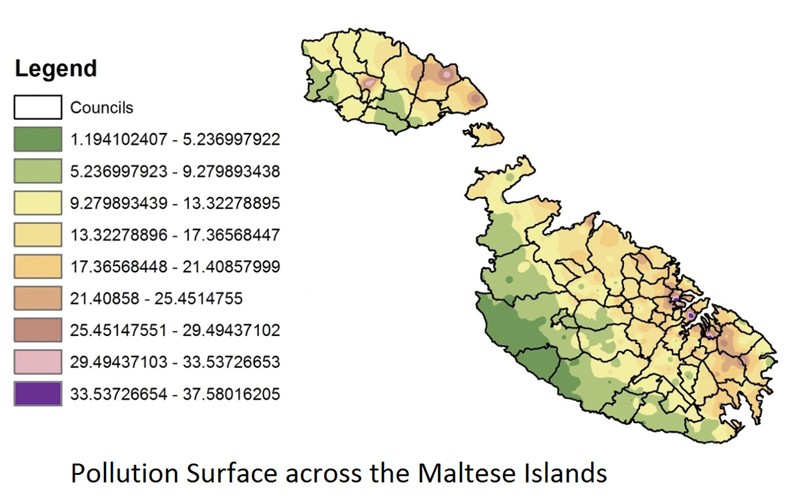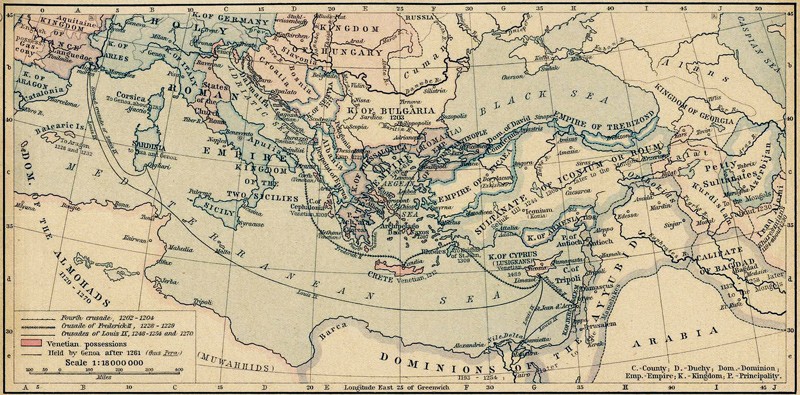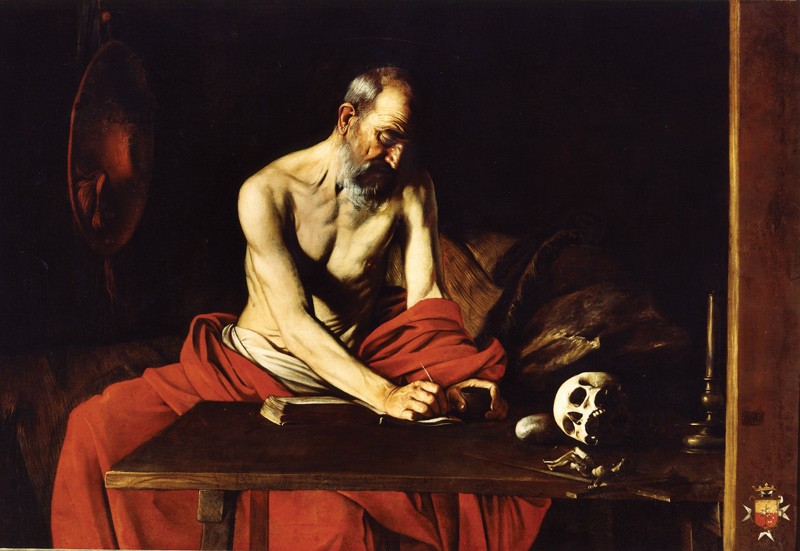Joyride
Emmanuel Bonnici
Scientists consulted: Roberta M. Rizzo
Location: St George’s Square
Sponsor: St James CavalierContinue reading
The Exotic World of the Very Small
Dr André Xuereb shines a light on some of the coldest atoms in the Universe.
Silence in strait street
Chris Briffa Architects. Team: Chris Briffa, Justin Schembri, Joe Galea, Michael Quinton, Alex Spiteri Gingell, Andrew Doneo, Ryan Xuereb, Lily Agius, Maggy Mitter and Matthew Pandolfino Sponsor: Halmann Vella Ltd, Ecotechnique, Doneo and Nexos Lighting Technology
A sports addict confesses
Dr Shawn Agius shares his return to University to combine his interest in sports medicine and neurosurgery
Brain Awareness, Research and Facts
Prof. Giuseppe Di GiovanniContinue reading
Football like you’ve never seen it before
Freeviewpoint television (FTV) is expected to become the ultimate 3D TV experience. With FTV, the viewer can choose from which angle and position to view a scene. Want to watch football from above, the East Wing, or with your fellow fans? At the press of a button, with FTV you can. For FTV to work, the same scene needs to be captured from a number of different viewpoints and the virtual scenes in between generated. To broadcast the service requires a huge bandwidth, which on your mobile would quickly soak up all your data. Current mobile FTV frameworks cannot handle the broadcast capacity required and FTV has never been deployed over a specific cellular technology.
Terence Zarb (supervised by Dr Ing. Carl James Debono) proposed a framework to compress and transmit FTV to mobile devices. The system was adapted for the next generation long-term evolution (LTE) networks, currently available on high-end smartphones. To reduce bandwidth and reduce mobile phone workload, the FTV broadcast data is processed at the transmitting end, before it is sent over the mobile network. The physically captured views are transmitted. Depending on the user’s choice, the mobile phone either presents one of these views or generates an arbitrary viewpoint. By using the novel proposed framework, the bandwidth required was reduced by over 70% compared to current methods. It also provided a better viewing experience.
Taken together, the proposed framework can realistically be deployed on LTE networks, which means we might be seeing an incredibly innovative way of viewing sport, documentaries and maybe even films on our 3D TVs — is that enough to make you buy one?
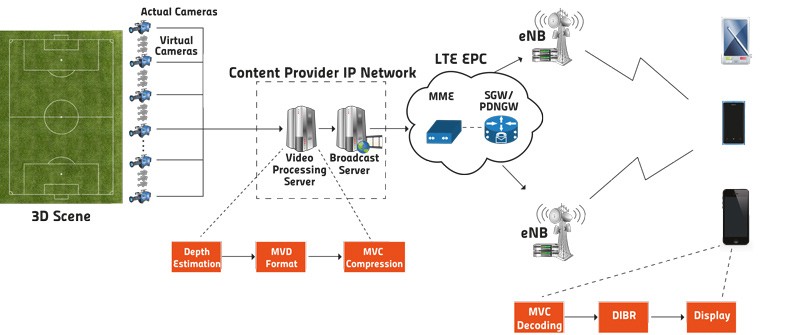
This research was performed as part of a Masters of Science in Information and Communication Technology at the Faculty of Information and Communication Technology. The research is partially funded by the Strategic Educational Pathways Scholarship Scheme (Malta). The scholarship is part-financed by the European Union – European Social Fund, under Operational Programme II – Cohesion Policy 2007-2013, “Empowering People for More Jobs and a Better Quality of Life”.
Bad traffic, bad air
Air pollution is one of Malta’s greatest concerns. Transportation is the principal source with over 300,000 vehicles belching out smoke, which damages our environment and health. Emissions from vehicles need to be monitored and controlled, and the information used to improve the current system and ensure an acceptable air quality.
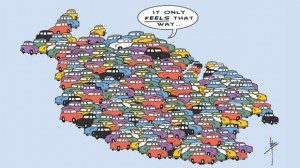
In Malta, air pollution levels are monitored by MEPA (Malta Environment and Planning Authority). MEPA has 131 diffusion tubes that take monthly measurements of air pollution levels. The pollution data set used ranges from 2004 to 2011. On the other hand, Transport Malta (TM) measures traffic flow along the main arterial roads. By using the pollution data set, Nicolette Formosa (supervised by Dr Kenneth Scerri) mapped the air pollution levels and major sources around Malta.
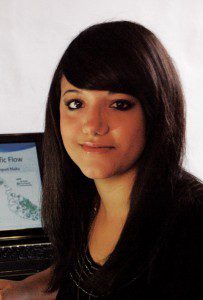
MEPA and TM take measurements at different locations. To overcome this problem, the pollution data set needed to be interpolated to extend over the whole of Malta. By interpolating the pollution measurements using mathematical models, traffic and pollution levels can be directly compared.
Malta was divided into four zones. The Grand Harbour area had the strongest link between traffic and pollution. The central area has a strong overlap but this decreased on Saturday and more so on Sunday. The north and south parts of Malta experienced lower levels over weekends. However, the northern area has a stronger link during weekdays. The areas of Floriana and St Julian’s had a remarkable link between pollution and traffic, lighting a red bulb marking priority areas for the authorities to tackle.Overall, Malta’s air pollution problems are interwoven with its traffic volume. This highlights a problem which needs both scientific and political measures to tackle. Formosa’s studies need to be taken a step further, “there needs to be a statistical means to interpret the data of air pollution measured against traffic flows in the same areas“ said Hon. George Pullicino, Minister for Resources and Rural Affairs. If implemented, the research could help lower health care costs in Malta while improving the quality of life.
This research was performed as part of a Bachelor of Electrical Engineering (Honours) at the Faculty of Engineering.
Islands and Security
Islands have played different and unique roles throughout history. The process of decolonisation, starting in the late 50s, led to a proliferation of small island states. These new independent nations sought to develop their own foreign and security policies.André P. DeBattista (supervised by Dr Isabelle Calleja Ragonesi) studied International Relations in Malta’s history to examine the role of small island states in regional and global security. He found that small island states reinforce security and can stabilise regions.
Due to their geography, small islands can wield disproportionate influence. They may serve as military outposts and control waterways used for commerce, trade and defence. However, islands can still be vulnerable, weak and externally manipulated. For millennia, Malta has been fought over by regional powers for purposes of trade and defence. In 1964, for the first time in its history, Malta became independent and could chart its own political trajectory. Despite political independence, it was and still is reliant on other states.
Throughout its history, Malta has played an important role in the provision of regional security. It had a strong influence in both the Cold War period and also after its recent accession to the EU. DeBattista believes that Malta is well positioned to spearhead research on small islands; “as a small island state, Malta managed to adapt to different circumstances and challenges. It excelled both within its region and in the international community. This success should encourage us to conduct further research in this niche area, in order to provide solutions and policy options to other small island states.”
This research was undertaken as part of a Masters of Arts in International Relations.


